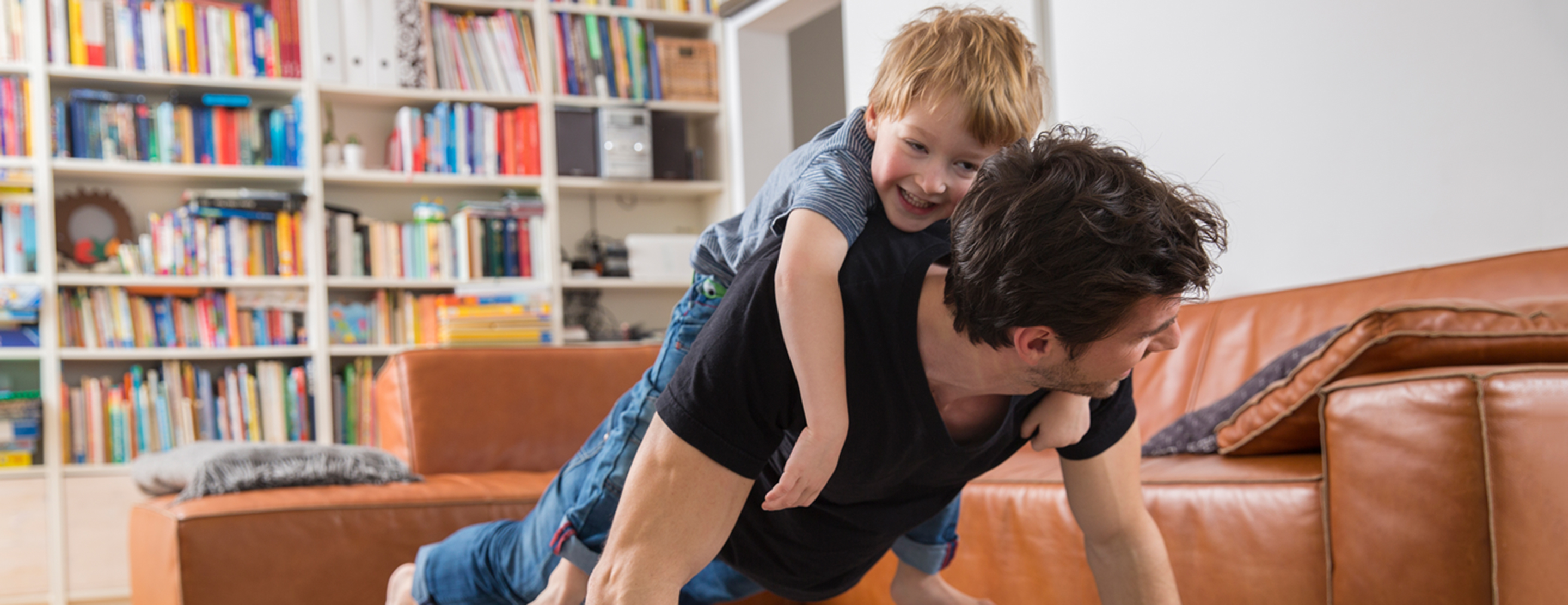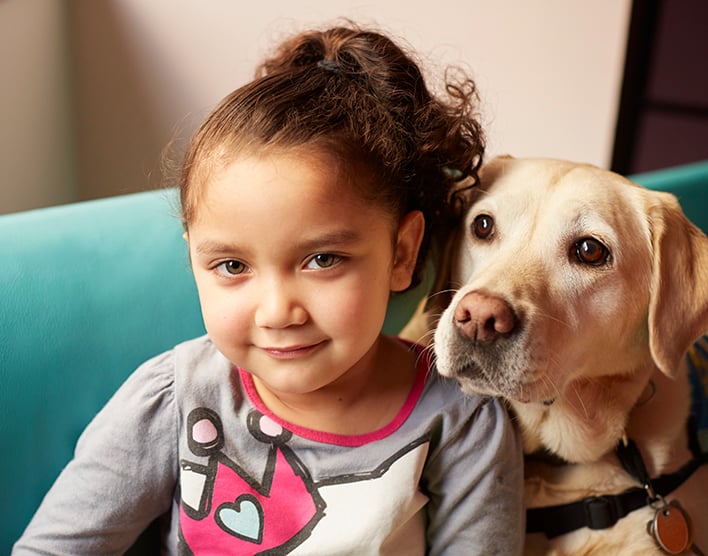
Retinoblastoma Program
The Pediatric Retinoblastoma Program provides comprehensive evaluation and treatment for children with retinoblastoma, a rare cancer of the retina, the tissue at the back of the eye that senses light and color. Retinoblastoma can cause blindness and become life threatening if the cancer spreads to other parts of the body. Fortunately, with early diagnosis and improved treatment, survival rates are now as high as 95%.
Our team includes doctors who are expert in ophthamology and ocular cancers, a registered nurse, and an ultrasound technician who uses special noninvasive equipment to capture images of the inside of the eye. All specialize in working with children. A social worker is available to support patients and their families through treatment and connect them with helpful resources. These specialists collaborate closely to deliver compassionate, effective care.
Because retinoblastoma sometimes is inherited, we also offer genetic testing and counseling to help patients and their families understand their risks and options for future care.
We provide the full range of retinoblastoma treatments, including laser therapy, cryotherapy and intra-arterial chemotherapy. At the same time we're committed to advancing retinoblastoma care through research into ways to prevent or slow the disease and improved therapies. Your child may have the opportunity to participate in clinical trials of promising retinoblastoma treatments. Learn more about the process and potential benefits of participating in a clinical trial.
A note before examination
If your child is scheduled to undergo an eye exam under anesthesia, this will take place at the UCSF Benioff Children's Hospitals' Mission Bay campus at 1975 Fourth St. in San Francisco. Eye exams not performed under anesthesia will take place at the UCSF Parnassus Heights campus at 400 Parnassus St. Your care team will provide instructions and directions before the exam.
Our locations (1)
Awards & recognition
-

Best in Northern California for cancer care
-

Ranked among the nation's best in 11 specialties
Plan your visit
What to Bring
- All medical records relevant to your child's condition from the referring physician, if available. This includes diagnostic imaging like CT scans, MRI, radiograph, etc.
- Glasses if your child wears them
- List of all medications and prescriptions
- Appointment information: the doctor's name and the appointment location and time
- Insurance card
- Primary care physician's name, address and telephone number
- Referring physician's name, address and telephone number
- Co-payment if required by insurance
Support services
Our research initiatives
Tender wagging care
Our therapy dogs spread joy and smiles at the bedside and throughout the hospital.
Visit Child Life services


























































